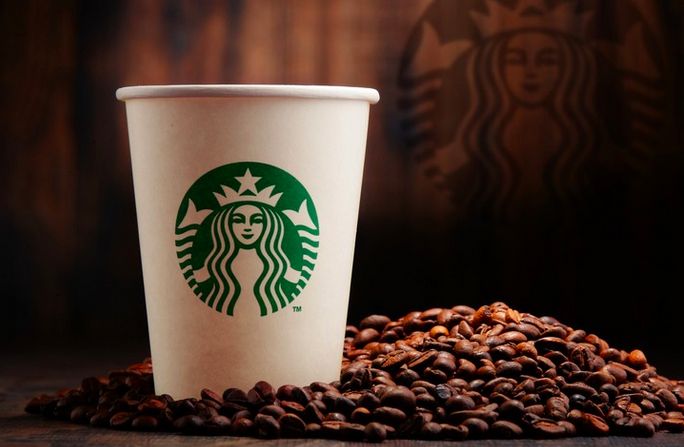
How does Starbucks manage to sell a cup of coffee for €5? Why is it that a €20 bottle of wine or scented candle sells, while a flower bouquet for that same price stays on the shelf? These were some of the questions discussed during the International Floriculture Forum in Vijfhuizen.
Marco van Zijverden, CEO of Dutch Flower Group, brought it up: consumers aren’t willing to pay more for plants and flowers, even though the economy is thriving. Van Zijverden feels that the floriculture sector as a whole should be able to benefit more. The different parties in the chain should do more to add value to plants and flowers, according to him.
Perfume and mayonnaise
Loes van der Toolen, director of Pagter Innovations, agreed that the floriculture sector could do more to tempt the consumer. She said that shop-floor presentation must improve, because you’ve only got a few seconds to tempt someone to buy. “Take perfume, for example. You won’t find that stacked next to the jars of mayonnaise. Wherever it’s sold, it always keeps its own, luxurious look.”
Dennis van der Lubbe, director of Flower Council of Holland, also said that the floriculture sector should do more to tempt consumers. Just like Van Zijverden did earlier, he mentioned the wine industry as a comparison. People are more than happy to pay €20 or more for a bottle, while that same amount is a barrier for a flower bouquet, even though you’ll be able to enjoy the flowers for longer than the wine. That’s where aspects such as temptation, feelings and emotions come into play. With the help of promotion and marketing, you can try to steer those. According to Van der Lubbe, the wine industry spends 10% of their turnover on promotion, the floriculture sector only 0.5%. “If you want to get somewhere, you’ve got to invest”, said the director.
Faster response to trends
Jonathan Ralling, commercial director of Flamingo Horticulture and one of the keynote speakers in Vijfhuizen, also described plants and flowers as luxury products, and agreed that the consumer must be tempted to buy them. There are certainly opportunities with regards to improving consumer experience, according to him. He would also like to see new, improved varieties come to the market faster and in larger numbers, to make it easier to respond to market trends. The time between 12 bunches of flowers that successfully made it through the testing phase and 10 ha of production, should be shorter said Ralling.
Higher price
The experience of both traders and breeders in the audience, however, is that they often can’t market those improved varieties at a higher price. Would promotion change that, would it be possible to do the same as Starbucks, ask €5 for a cup of coffee, even if they don’t really add anything to the basic ingredients water and coffee beans? The answer remains to be seen. So far, there aren’t too many successful flower brands in the world.
In conclusion, the IFF on Tuesday 6 November in Vijfhuizen highlighted that the floriculture sector currently excels in turning the benefits, such as improved cultivation, sustainability and production, of new varieties into lower costs. Attendees thought that this is a logical consequence of the current market, which is characterised by the supply of quite indistinctive products.
The International Floriculture Forum is organised by Union Fleurs, the international flower trade association. HPP Exhibitions facilitates and sponsors the Forum and Hortipoint, known for publications such as Vakblad voor de Bloemisterij and Floribusiness, acts as media partner.

